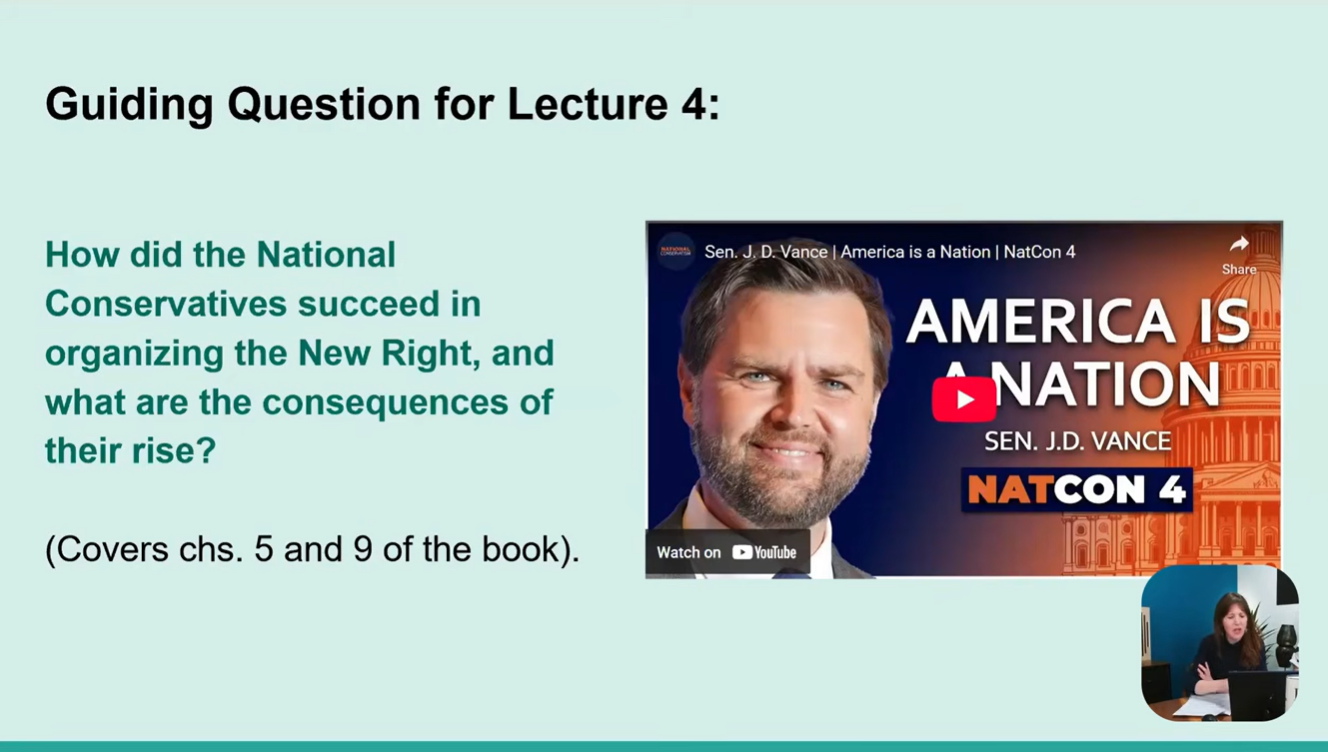The Week That Was: All of Lawfare in One Post
Let’s start this week with famous American expatriate, Edward Snowden, whose interview with NBC’s Brian Williams aired on Wednesday. Ben was "unmoved" by it, pointing to Snowden’s unwillingness to submit himself to American law, his reluctance to seriously criticize Putin, and his refusal to acknowledge the harm he has done to the United States.
Let’s start this week with famous American expatriate, Edward Snowden, whose interview with NBC’s Brian Williams aired on Wednesday. Ben was "unmoved" by it, pointing to Snowden’s unwillingness to submit himself to American law, his reluctance to seriously criticize Putin, and his refusal to acknowledge the harm he has done to the United States. Wells also shared April 2013 emails between Snowden and the NSA’s Office of General Counsel, which were recently released by the ODNI. (Snowden responded by calling the correspondence incomplete.)
Given these developments, Ritika’s invitation to “A Debate One Year after Snowden: The Future of U.S. Surveillance Authorities” is timely. Join us in Falk Auditorium at the Brookings Institution on Thursday, June 5th at 2:00 pm for what is sure to be an insightful discussion.
Also this week, President Obama gave the commencement address at West Point, of which Ben gave us the relevant excerpts. Bobby examined the President’s decision to end American combat operations in Afghanistan, wondering what it will mean for U.S. detention authority.
The drawdown of forces in Afghanistan will also have implications for American drone strikes in Pakistan, as noted by Bobby in his analysis of a story by the AP's Ken Dilanian. As U.S. bases and outposts close, intelligence collection will decrease, making it harder to find the remaining targets.
Jack looked at Senator Corker’s Washington Post op-ed and wondered whether the Obama administration actually intends to pursue AUMF reform or if it will in the future rely on Article II alone in detaining individuals at GTMO. The transcript of a White House background session with reporters following the West Point commencement, of which Bobby posted an excerpt, provides a possible answer. In it, a senior administration official mentioned working with Congress on the AUMF by the end of 2014, though the statements could just be “loose talk.”
In Guantanamo news, Wells provided Chief Prosecutor Brig. Gen. Mark Martins’ statements before a pre-trial motions hearing in the case of United States v. Al-Nashiri, and subsequently covered the public proceedings. These were followed by a closed session on Thursday and Friday.
This week’s Foreign Policy Essay was brought to us by Beverley Milton-Edwards of Queen’s University Belfast. She discussed the proliferation of radical Islamist group in the Gaza Strip and Hamas’ attempts to manage these elements, warning that if Islamists’ concerns are not addressed, the security and balance of power of the Levant could be in jeopardy.
In Big Data news, Wells linked to an Federal Trade Commission report on data brokers.
Ben reviewed Glenn Greenwald’s new book, No Place to Hide: Edward Snowden, the NSA, and the U.S. Surveillance State, and found it is really two books in one---the first part a compelling narrative of Greenwald’s experiences with Snowden, the second a “paranoid” account of American surveillance policy.
Meanwhile, Jack critiqued Michael Kinsley’s review of No Place to Hide, specifically the assertion that the government, rather than the media, should have the ultimate authority over the publication of its secrets. The government benefits from and is kept accountable by the “porous secrecy system,” argued Jack. It could more forcefully prosecute leakers and journalists, but the American people would oppose such action. Gabriel Schoenfeld’s new essay, which Jack linked to, examines the Justice Department’s selective prosecution of leak cases.
Furthermore, journalists do adhere to some norms regarding the publication of classified information, though Jack noted that it is something of a double standard, in that they refuse to publish human intelligence secrets that might put lives “at concrete and immediate risk,” but are okay with reporting signals intelligence information that only poses a “diffuse and indirect risk.”
Stewart Baker gave us the most recent Steptoe Cyberlaw Podcast. In it, guest Peter Schaar, the former Federal Commissioner for Data Protection and Freedom of Information and current Chairman of the European Academy for Freedom of Information and Data Protection (EAID), joined for a discussion of the European Court of Justice ruling on the right to be forgotten.
Ritika, meanwhile, posted this week’s Lawfare Podcast, which featured John Carlin, the Assistant Attorney General for National Security at the Department of Justice, speaking with an audience at the Brookings Institution on recent DOJ charges against Chinese military officials, who are accused of spying on American companies for the benefit of their Chinese counterparts.
Paul focused on just those charges in Bits and Bytes this week, flagging Shane Harris’ piece in Foreign Policy on the Chinese hackers. He also linked to Laurie Blank’s article on drone strikes and public calls for increased transparency.
Finally, the country celebrated Memorial Day this week, and Jack honored the holiday with a passage from an 1888 speech given by Joshua Lawrence Chamberlain. Ben also looked to military history in sharing photographs of the European landscape’s World War I battle scars.
And that is the week that was.
Tara Hofbauer previously was an intern with Lawfare. She is majoring in Philosophy, Politics, and Economics at the University of Pennsylvania, with a minor in Legal Studies and History.




